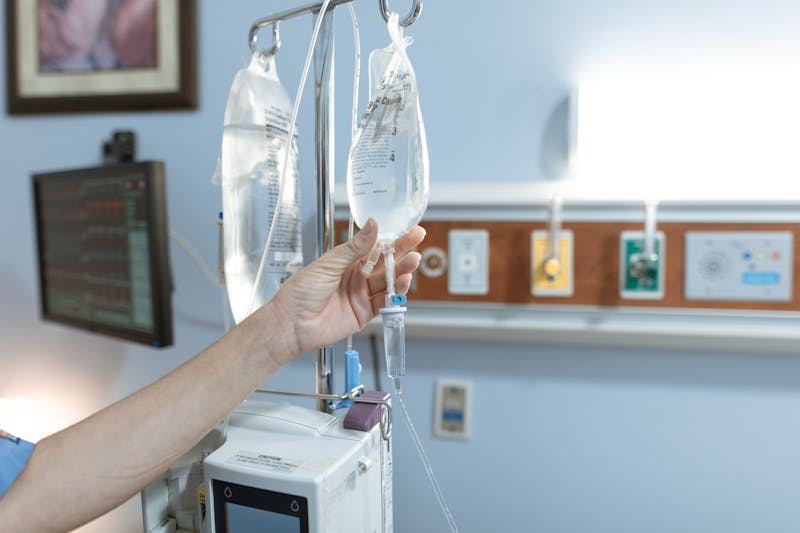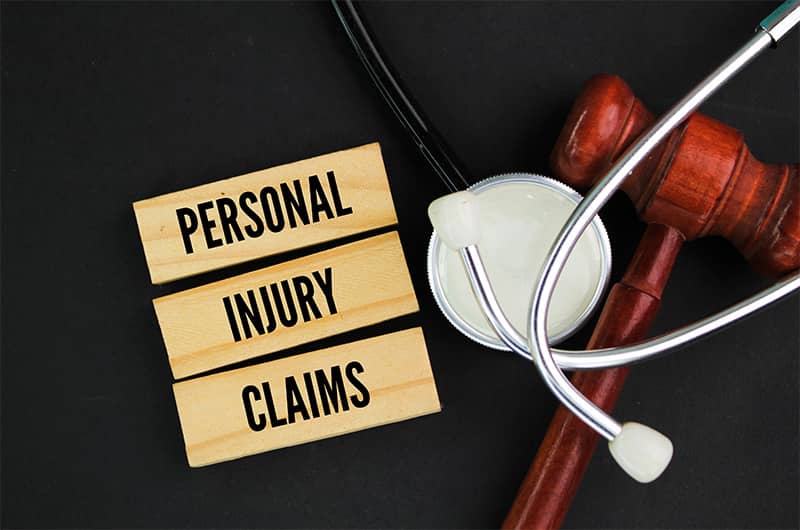Massive Drug Recall and Whistleblower (False Claims) Lawsuit Impact Pharmaceutical Giant Johnson & Johnson
Stomach sickness and a strange smell forced Johnson and Johnson (J&J) division McNeil Consumer Healthcare to finally recall from market a total of 27 products, including Tylenol, Benadryl, Rolaids and Motrin, their second recall this month. The company claims the recalled medicines, manufactured in a Puerto Rico plant, became tainted by the wood storage pallets where it was stored. Pallet manufacturers have openly and aggressively challenged this claim that chemical treatment 2,4,6-tribromoanisole (TBA) could, as J&J claims, permeate the boxes, packaging, and bottles to taint the recalled medication.
Moldy-smelling, musty bottles of Tylenol Arthritis Relief caplets were first reported 20 months ago, and since people have complained of digestive problems, including nausea, vomiting and stomach pain. Apparently FDA officials knew about the odor in 2008, having received over 100 complaints by August 2009, but only took critical action recently.
Kickbacks were the cause of a False Claims lawsuit against nursing home pharmaceutical provider Omnicare for which J&J was implicated. The $98 million settlement was based on allegations that the nursing home pharmacists were unnecessarily, and dangerously, prescribing nursing home residents with dementia the antipsychotic drug Risperdal. Unfortunate for the nursing home resident, Risperdal isn’t approved to treat agitated patients with dementia, but, according to the Justice Department (DOJ), this kickback scheme worked extremely well for J&J, tripling Omnicare’s sales of J&J drugs, from $100 million to $280 million with Risperdal making up $100 million of the latter sales figure.
Risperdal served as a nursing home chemical restraint, or a means of chemically keeping patients from their full mobility for the convenience of nursing home staff. These chemically restrained nursing home residents were not given Risperdal to help relieve their dementia or reverse its effects; Risperdal actually carries a “black box” warning against prescribing the drug to dementia sufferers as it increases the likelihood of death. Risperdal and other similar antipsychotics, like Seroquel, Zyprexa and Abilify, have been associated with as many as 1,800 deaths and 1,620 strokes per year in elderly patients with dementia.
Nursing home patients were a particularly vulnerable target as they personally do not exercise great control over their medical care. Because Medicare was involved, DOJ stepped in with a False Claims lawsuit.
The government’s lawsuit suggested J&J and Omnicare had been defrauding the government and using illegal accounting schemes to cover kickbacks to the nursing home pharmacy provider. The DOJ lawsuit suggests the J&J paid over $50 million to Omnicare between 1999 and 2004 to get it to prescribe Risperdal. The lawsuit was pursued by the DOJ after two relators (qui tam whistleblowers), Bernard Lisitza and David Kammerer, both former Omnicare employees, reported the kickbacks. They will be entitled to 15% to 25% of the money the government recovers.





